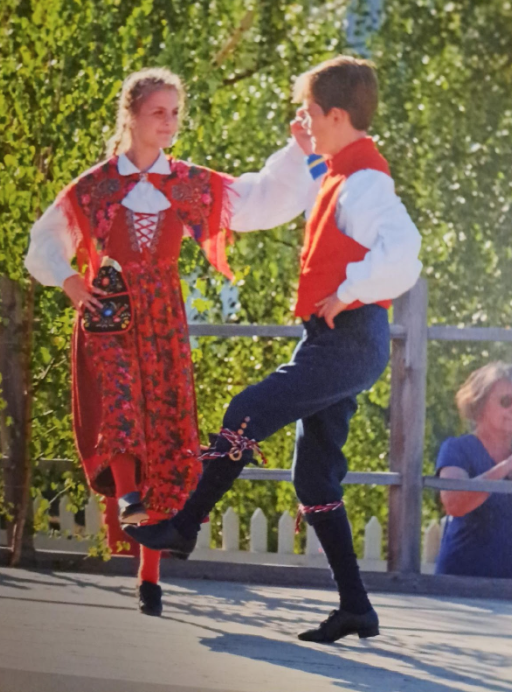CONTEXT:
P is a freshman at USC, and a good friend of mine. He attended a private school in New Jersey before coming to USC. He was on the swim team for 4 years.
TEXT:
P: Yeah, so the biggest swim meet was called Easterns. And we used to dominate that shit; in my time we waned off a little bit, but we still kept the rituals. And one of the many ones was that the seniors could shave the freshman’s head any way they wanted. And that’s been for like, decades, I think, for decades. But basically, my haircut was, I was bald dude. Like completely bald except I had this old man hair, like Danny DeVito hair. And so one guy had, like Avatar hair and another guy had monk hair, like it was just a ring. I have pictures of it! We got a yarmulke from this Jewish kid and put it on top of his head. So the meet was on Thursday, and they would shave heads on Sunday. And you had to go to class with the haircut Monday, Tuesday, Wednesday, no hats, no hoods, or the seniors would confiscate them. So you had to walk around. And it was better when we were in groups, like we would stick together. So you would have to be with your brothers like in unity with your shitty fucking haircuts. Having everyone to look at you like, “Ugh, what the hell? What are they doing? What are they doing to these kids?” And we would also have to dye our hair. We got it like, random colors: blue, fucking orange. So you’d have this dumbass hair and it would be bright blue.
Me: You seem to look back on this fondly.
P: Oh, yeah, cuz then I got to do it. Senior year. I got pictures. The seniors, and this one junior named [X], were smart dudes, like they knew how to psychologically prepare you for what was to come. You know what I mean? And Isaac would tell me this. He was like, when you’re a senior, you’re gonna have all these freshmen coming in, you’re gonna tell them they’re gonna shave their heads, and they’re gonna be like, no fucking way. And this is what they did. They told us at first, and we’re like, this is not happening. And you plant it a little bit every other day, maybe once a week, and just be like, “Hey, your head is gonna get shaved, you ready for that? How do you feel about that?” And just little by little, it’s the foot-in-the-door phenomenon. Like, this is an actual psychological thing, the more you get them used to and the more you get them acquainted with it, and you show them — the seniors showed us pictures of when they were freshmen. And they romanticize this time of like, being a freshman and having your head shaved. And it’s a rite of passage. And the more ingrained you are on the swim team, like practice after practice, and like doing all this bullshit, like, you know, getting cookies for seniors, getting your shower taken, then you start to feel part of the team. And then after every practice, if you do well, and you go hard, you get a fist bump from the seniors. And then they became like, my fathers too. So when they started talking about shaving, it just became another thing that was gonna happen. And that was part of being on the team. And by the time it came around, by the time it came around, even the kids that were vehemently like, “I am never doing this.” They were like, “I’m doing it.” And once like more than half of the kids are shaving their heads, then you’re like, “Fuck, I don’t want to be left out.” And then when I was a senior, like, there was this one kid, Rishi who had long flowing hair. And when we told him about it, it was just like [X] told me, he was like, “Yeah, I’m not doing that. I’m just not doing that.” And I kept in mind what [X] said, I was like, “I have patience. Every day, I’m gonna drill this in this kid’s head.” And I shaved his head. I have a video. I have a video of him looking up. We shaved just the top of his head. So there’s just a curtain of hair down here. So I have a video of me shaving the top of his head. And then he looks up and he’s terrified. We laugh about it now. So yeah, it’s something. I know for sure they’re passing that shit down.
ANALYSIS:
Many traditions take the form of rites of passage — that once you do a certain thing, you have now transitioned and taken on this new identity. It’s seen with weddings, frats, and certainly sports teams. In a team with long-standing tradition like that of an old New Jersey boarding school, the tradition and rites of passage are complete. Especially with incoming freshmen, there are certainly “hazing” rituals and other kinds of things that they must do that the teammates before them did to be considered part of them. In a way, these kinds of rituals “unite” the team under more than just the fact that they swim, practice and compete together. Once this action of collective embarrassment and humiliation is completed, suddenly, you “get” to be one of them. Now they “know” what it’s like, and it’s easy to stick together and be united as a team.

